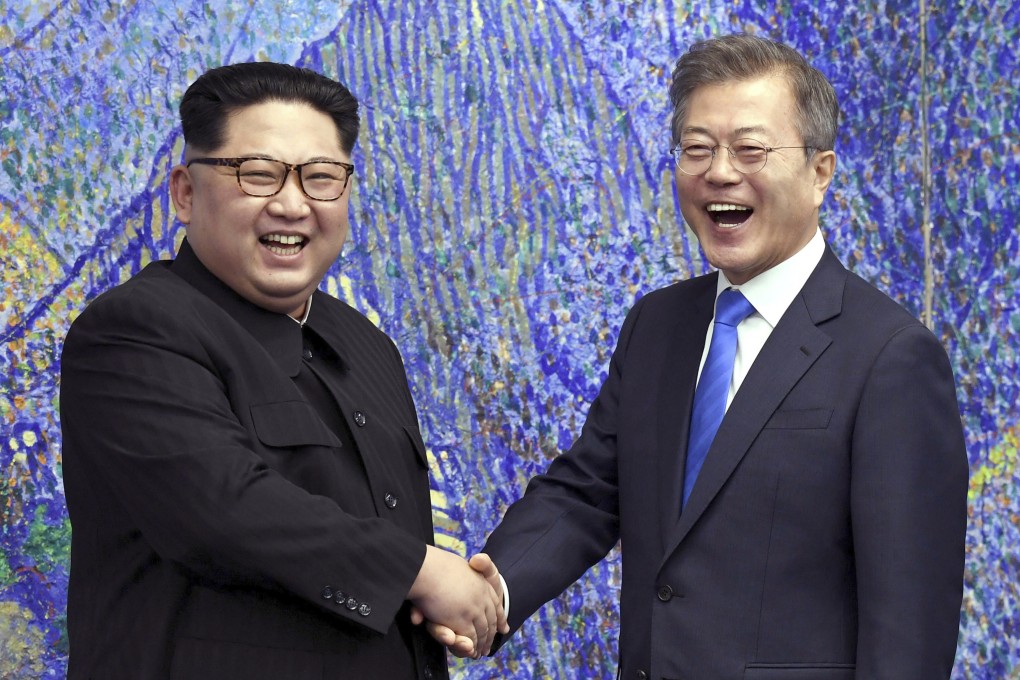Advertisement
Opinion | Korean peace treaty advocates are chasing an absurd, destructive dream
- Demands for negotiations on a treaty are part of a bill in the US Congress that ignores North Korean human rights violations and its nuclear missile programme
- Those pushing for a treaty assume all sides must agree first to ending the Korean war, which North Korea shows no interest in doing
Reading Time:4 minutes
Why you can trust SCMP
1

The end of the US adventure in Afghanistan leads right away to consideration of the much longer US involvement in Korea.
A legion of critics of the American “empire”, as they sometimes call the global network of US bases and treaty arrangements, like to say the United States is still waging war on the Korean peninsula – even if no one is firing any of the thousands of weapons poised on both sides of the demilitarised zone that has divided North and South Korea since the signing of the Korean war armistice in July 1953.
The basis for the claim that the Korean war remains unfinished is that the armistice signed by generals from the US, China and North Korea – but not South Korea – never morphed into a formal peace treaty as originally intended.
Advertisement
The fact that South Korea’s first president, Syngman Rhee, refused to join the negotiations – wanting nothing to do with a deal that would bring about a permanent division of the Korean peninsula – adds to the argument that now is the time for the US and South Korea to come to terms on a treaty with the North.
Demands for negotiations on a treaty are enshrined in a bill that progressive members of the US Congress have introduced. It would require the US secretary of state to report within six months on efforts for talks with the North.
The bill was sponsored initially by California Representative Brad Sherman and is now co-sponsored by three others. It will be the focal point of hearings by the House of Representatives’ Foreign Affairs Committee, of which Sherman is the senior member.
Advertisement
Select Voice
Choose your listening speed
Get through articles 2x faster
1.25x
250 WPM
Slow
Average
Fast
1.25x

